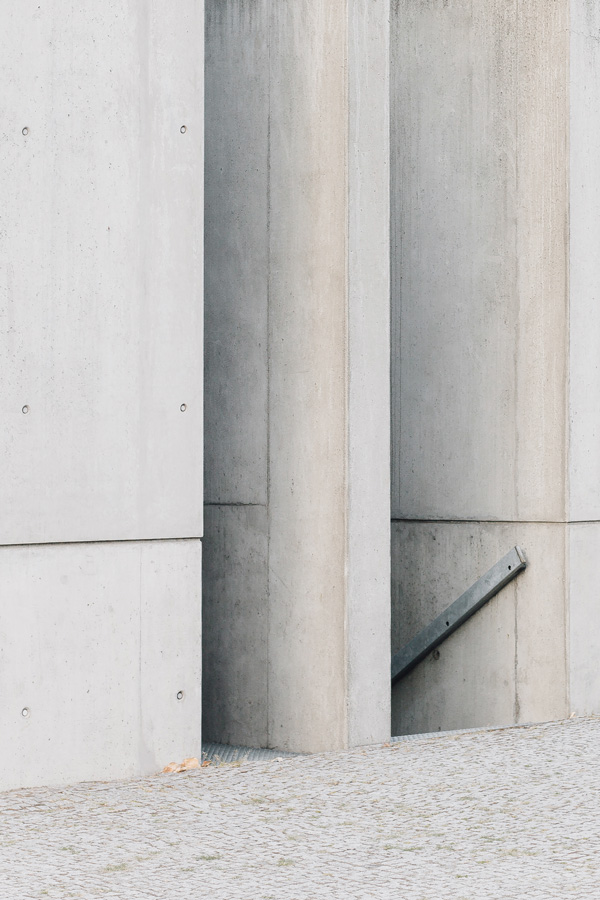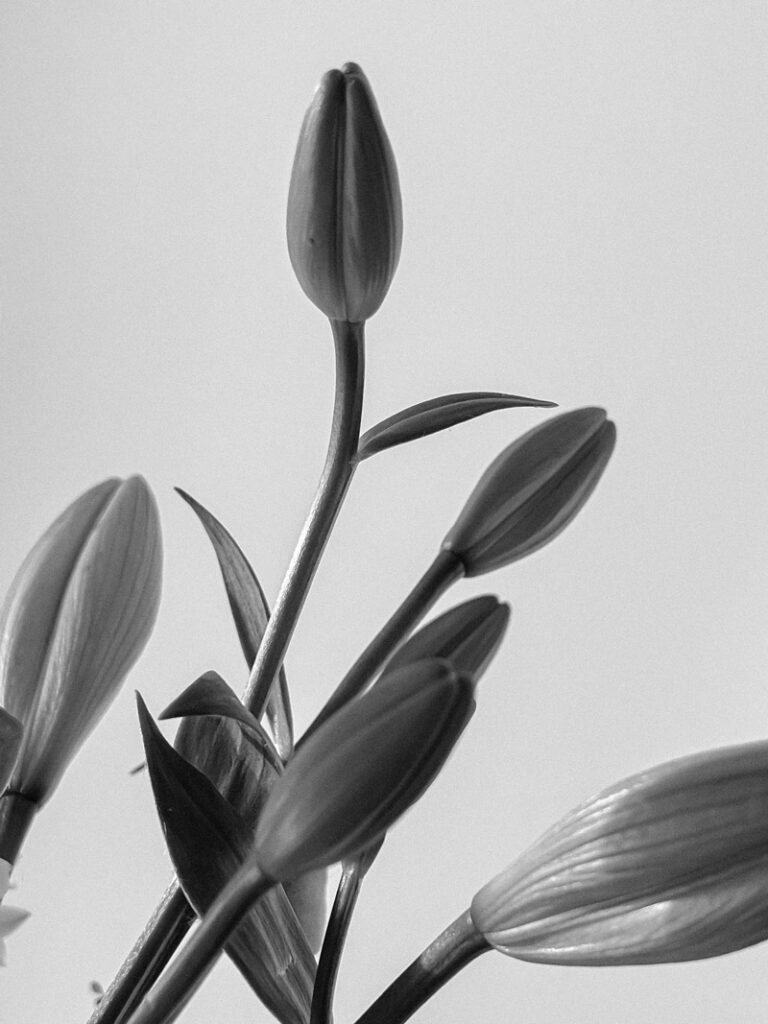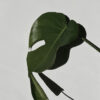In the last article of my series about Zen Photography, Finding the Beginner’s Mind, I wrote about finding the Beginner’s Mind in photography as a meditative practice. When it comes to creativity, it’s important to always keep this state of mind. It can be easy to get wrapped up in your own style and processes and lose sight of what made you start photography in the first place. In this next part of my series, I’ll write about how to maintain your Beginner’s Mind once you’ve found it.
Freedom and flow
At the beginning of any work or practice, you feel free, you’re in the flow – you’re working with a Beginner’s Mind. But over time, layer upon layer adds to your work. Comments from others about your work, your own thoughts about your work, criticism from clients … you name it. We slowly but steadily lose our Beginner’s Mind, a state of mind often used in Zen to describe the “magic” of the beginning.
This concept is called Shoshin – translated as Beginner’s Mind. Shunryu Suzuki writes in his book Zen Mind: Beginner’s Mind (recommended reading for all meditators) “in the beginner’s mind there are many possibilities, in the expert’s mind there are few.”

Fewer possibilities in the expert’s mind
But what exactly does this mean? The state of a Beginner’s Mind means to have an open mind as if doing things for the first time. The possibilities seem endless. That magic of trying something without thinking and with curiosity. The more you become an “expert,” the fewer options you have. All those heavy layers, consisting of countless thoughts, limit us and our creative process. We lose the connection to ourselves and the reason why we actually started.
How to maintain a Beginner’s Mind
Maintaining a Beginner’s Mind is not that hard. Seeing photography as a meditative practice, thinking and wanting less, and being mindful, helps enormously to maintain a Beginner’s Mind.
Be open to new experiences and not get bogged down in the details. Try to see things from different perspectives and look at the world with fresh eyes.
Be willing to experiment and take risks. Don’t be afraid to make mistakes, because that’s how you learn. Finally, always be learning and growing, and never think you know everything. Try to approach each day with a sense of curiosity and wonder.
And right now – start with this simple question: Why do you want to be an expert?




